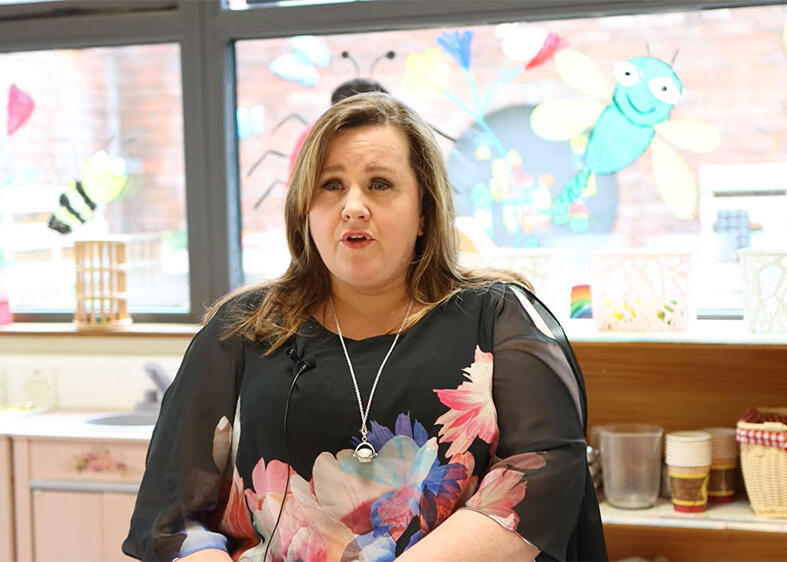
“I strongly believe that continuing education needs to be encouraged more by the employer and the professional nursing body."
Susan McKenna from Meath began her career as a quality controller following her graduation with a BSc in Food Science in Product Development from DkIT in 2005 and worked for several companies in that sector for five years. In 2010, she took stock of what she wanted out of life and decided to follow her mother’s footsteps into nursing.
Susan said,
“My mum had been a children’s nurse in Dublin and to be honest, if you had asked me as a teenager if it was something I wanted to do, I would have said not a chance. But while I enjoyed working in the private sector and the people, there was a level of career satisfaction that was missing for me. The desire to be involved in something more meaningful grew and the decision to become a nurse came out of that. It must be in the blood!”
Susan applied and was accepted for the BSc in General Nursing at DkIT, graduating in 2014. She’s been a staff nurse on the surgical ward in Our Lady of Lourdes Drogheda since then, where she manages patients with a wide and frequently complex set of needs that would include post-surgical and post-trauma care and an extensive range of medical procedures.
Susan said,
“Your real education starts when you qualify and begin to manage the patients yourself. In-depth assessments are not something you get to do as part of your four-year degree. It takes a year or so of experience as a staff nurse to gain the confidence and experience to begin to do it."
Despite the pressures of a demanding full-time job, Susan wanted to learn more about how to help the patients in her care. The assessment and management of acutely ill patients was what she was dealing with every day and she wanted to understand more of what she was seeing. “I wanted to do a course that would give me greater knowledge of how to assess and detect even the subtlest changes in patients and thereby making more timely interventions.”
Several of her colleagues had completed the four-month Certificate in the Assessment and Management of the Acutely Ill Adult course at DkIT. Susan had heard good things about it and the hospital paid for the cost with the proviso that those undertaking it were successful in getting the Certificate. Several of the lecturers taught on the DKIT general nursing course while others were former nurses with a huge base of practical knowledge. There were written assessments and practical exams in OSCE, Objective Structured Clinical Examinations, and while it was challenging at times trying to fit all it all in, Susan believes that such a course should be compulsory.
“I strongly believe that continuing education needs to be encouraged more by the employer and the professional nursing body. Looking at it from the point of view of my previous career, further education and upskilling should be a mandatory quality control measure and form part of a working nurse’s life, but also something for which they are supported and rewarded.”
















